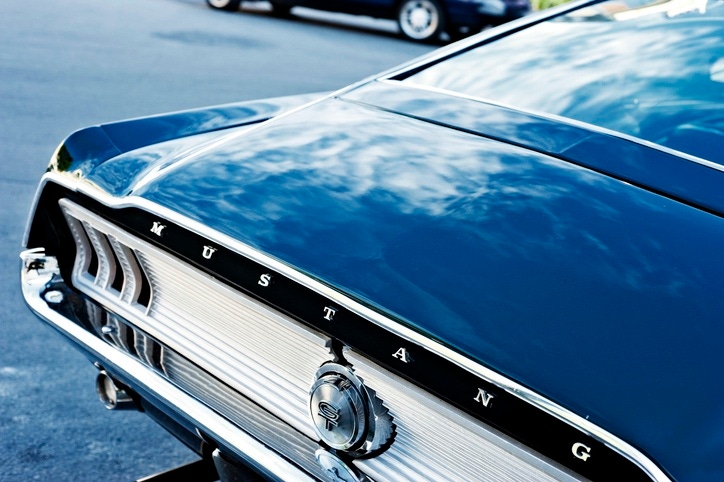Content Spotlight
Podcast: MilliporeSigma says education vital to creating unbreakable chain for sustainability
MilliporeSigma discusses the importance of people, education, and the benefits of embracing discomfort to bolster sustainability efforts.
October 13, 2020

Mustang Bio will use a newly licensed cell transduction enhancer to make MB-207, its candidate therapy for “bubble boy disease.”
The US biotech licensed rights to Sirion Biotech’s Lentiboost technology last week, explaining it will apply the transduction enhancer its X-linked severe combined immunodeficiency development (XSCID) program.
CEO Manuel Litchman said, “Transduction enhancers were added to the cell processing of the lentiviral gene therapy in 2019 and several advantages have been observed.

Image: iStock/jeangill
He added the firm plans to file an IND for MB-207 with the US Food and Drug Administration (FDA) and initiate a Phase II trial in the next few months.
In August, Mustang said it anticipates enrolling 20 patients in the study whose data will be compared with matched historical control patients who have undergone a second HSCT.
The firm said it is targeting top-line data for this trial in the second half of 2022.
Lentiboost is designed to improve lentiviral transduction of therapeutic cell types like T-cells and hematopoietic stem cells, according to Sirion CEO Christian Thirion.
“This technology enables a robust and reproducible process and the reduction of manufacturing costs by lowering the amount of lentiviral vectors needed for production of the cell product while at the same time improving clinical efficacy.”
MB-207 was developed by scientists at the National Institute of Allergy and Infectious Diseases and St. Jude Children’s Research Hospital.
The FDA granted the product Orphan Drug Designation and Rare Pediatric Disease Designation for the treatment of XSCID in previously treated patients with HSCT.
Mustang has said it will manufacture batches of the therapy at its facility in Worcester, Massachusetts, which was opened in June 2018.
The site houses four cleanrooms totaling 14,000 square-feet of clinical manufacturing capacity, which Mustang has said is sufficient to supply 500-800 patients per year.
You May Also Like